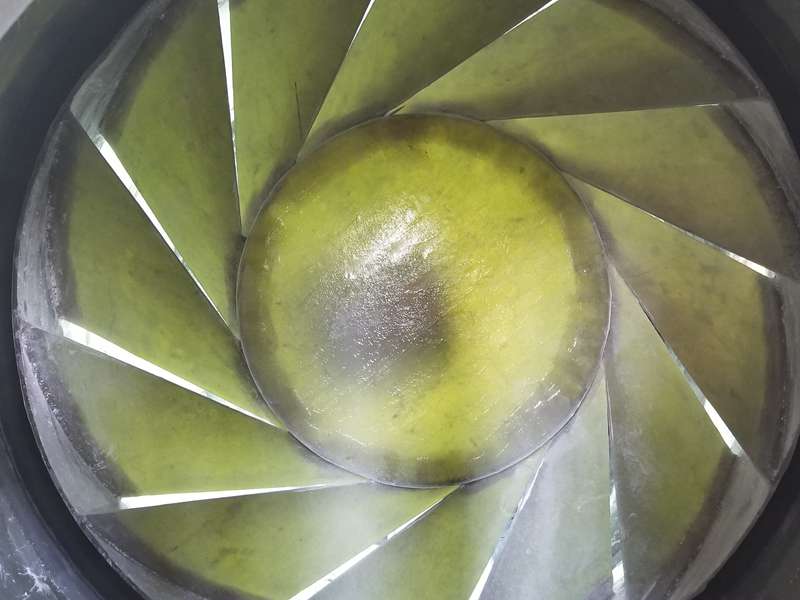
-
 Afrikaans
Afrikaans -
 Albanian
Albanian -
 Amharic
Amharic -
 Arabic
Arabic -
 Armenian
Armenian -
 Azerbaijani
Azerbaijani -
 Basque
Basque -
 Belarusian
Belarusian -
 Bengali
Bengali -
 Bosnian
Bosnian -
 Bulgarian
Bulgarian -
 Catalan
Catalan -
 Cebuano
Cebuano -
 China
China -
 China (Taiwan)
China (Taiwan) -
 Corsican
Corsican -
 Croatian
Croatian -
 Czech
Czech -
 Danish
Danish -
 Dutch
Dutch -
 English
English -
 Esperanto
Esperanto -
 Estonian
Estonian -
 Finnish
Finnish -
 French
French -
 Frisian
Frisian -
 Galician
Galician -
 Georgian
Georgian -
 German
German -
 Greek
Greek -
 Gujarati
Gujarati -
 Haitian Creole
Haitian Creole -
 hausa
hausa -
 hawaiian
hawaiian -
 Hebrew
Hebrew -
 Hindi
Hindi -
 Miao
Miao -
 Hungarian
Hungarian -
 Icelandic
Icelandic -
 igbo
igbo -
 Indonesian
Indonesian -
 irish
irish -
 Italian
Italian -
 Japanese
Japanese -
 Javanese
Javanese -
 Kannada
Kannada -
 kazakh
kazakh -
 Khmer
Khmer -
 Rwandese
Rwandese -
 Korean
Korean -
 Kurdish
Kurdish -
 Kyrgyz
Kyrgyz -
 Lao
Lao -
 Latin
Latin -
 Latvian
Latvian -
 Lithuanian
Lithuanian -
 Luxembourgish
Luxembourgish -
 Macedonian
Macedonian -
 Malgashi
Malgashi -
 Malay
Malay -
 Malayalam
Malayalam -
 Maltese
Maltese -
 Maori
Maori -
 Marathi
Marathi -
 Mongolian
Mongolian -
 Myanmar
Myanmar -
 Nepali
Nepali -
 Norwegian
Norwegian -
 Norwegian
Norwegian -
 Occitan
Occitan -
 Pashto
Pashto -
 Persian
Persian -
 Polish
Polish -
 Portuguese
Portuguese -
 Punjabi
Punjabi -
 Romanian
Romanian -
 Russian
Russian -
 Samoan
Samoan -
 Scottish Gaelic
Scottish Gaelic -
 Serbian
Serbian -
 Sesotho
Sesotho -
 Shona
Shona -
 Sindhi
Sindhi -
 Sinhala
Sinhala -
 Slovak
Slovak -
 Slovenian
Slovenian -
 Somali
Somali -
 Spanish
Spanish -
 Sundanese
Sundanese -
 Swahili
Swahili -
 Swedish
Swedish -
 Tagalog
Tagalog -
 Tajik
Tajik -
 Tamil
Tamil -
 Tatar
Tatar -
 Telugu
Telugu -
 Thai
Thai -
 Turkish
Turkish -
 Turkmen
Turkmen -
 Ukrainian
Ukrainian -
 Urdu
Urdu -
 Uighur
Uighur -
 Uzbek
Uzbek -
 Vietnamese
Vietnamese -
 Welsh
Welsh -
 Bantu
Bantu -
 Yiddish
Yiddish -
 Yoruba
Yoruba -
 Zulu
Zulu
Efficient Water Treatment Solutions with FRP Desalination Pipes and Fittings for Enhanced Performance
Efficient Water Treatment with FRP Desalination Pipes and Fittings
In the face of escalating global water scarcity, innovative solutions for water treatment have become paramount. Among these, Fiber-Reinforced Plastic (FRP) desalination pipes and fittings have emerged as a game-changer in the quest for efficient water treatment systems. These materials not only enhance the performance of desalination plants but also address critical issues such as corrosion resistance, weight efficiency, and long-term operational sustainability.
FRP pipes are composed of a polymer matrix reinforced with fibers, typically glass or carbon. This unique construction provides exceptional strength and durability while being significantly lighter than traditional materials like steel or concrete. The lightweight nature of FRP makes installation easier and reduces transportation costs, enabling faster deployment of desalination infrastructure in remote or challenging environments.
One of the most significant advantages of FRP pipes is their remarkable resistance to corrosion. In desalination processes, where seawater is subjected to extensive treatment, materials often face harsh conditions that lead to degradation over time. Unlike metal pipes, which can corrode and require frequent replacement, FRP pipes maintain their integrity and efficiency over prolonged periods, leading to lower maintenance costs and enhanced reliability.
frp desalination pipes and fittings for efficient water treatment ...

Furthermore, FRP fittings are designed to seamlessly integrate with desalination systems, ensuring minimal flow resistance and maximum efficiency. These fittings can be customized to meet specific project requirements, whether for high-pressure applications or intricate network configurations. The versatility in design allows for optimized water flow, ultimately resulting in better treatment performance and energy savings.
In addition to their technical advantages, FRP desalination pipes contribute to sustainable water management practices. By facilitating the efficient use of available water resources, these systems support efforts to combat water scarcity and promote environmental sustainability. As communities worldwide face increasing demands for potable water, the application of advanced materials such as FRP in water treatment offers a viable path towards achieving water security.
In conclusion, the adoption of FRP desalination pipes and fittings represents a significant advancement in water treatment technology. Their combination of lightweight strength, corrosion resistance, and design flexibility makes them an ideal solution for modern desalination projects. As we continue to innovate and improve water management practices, FRP materials will play a crucial role in addressing the global water crisis and ensuring a sustainable future for generations to come.









